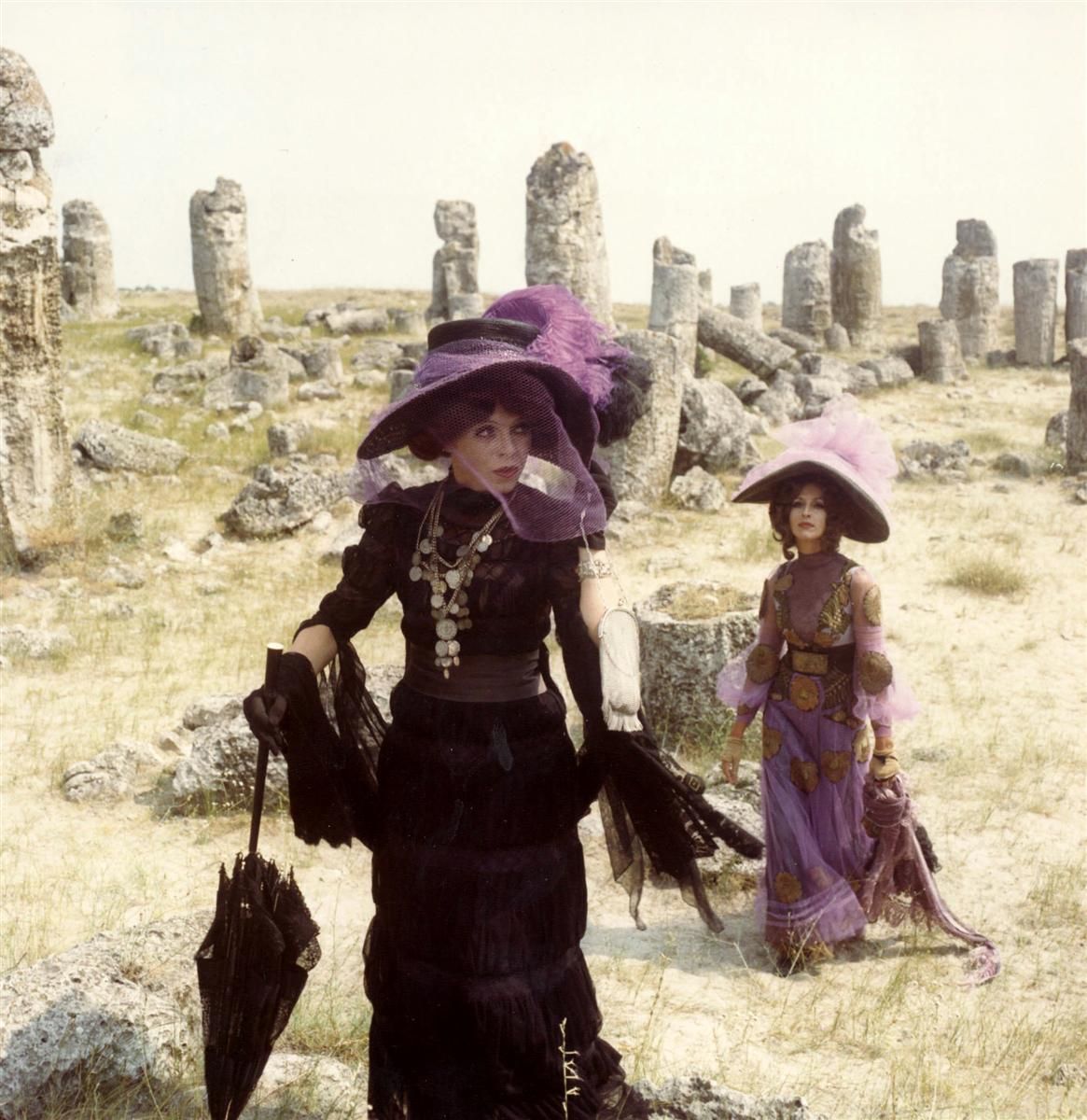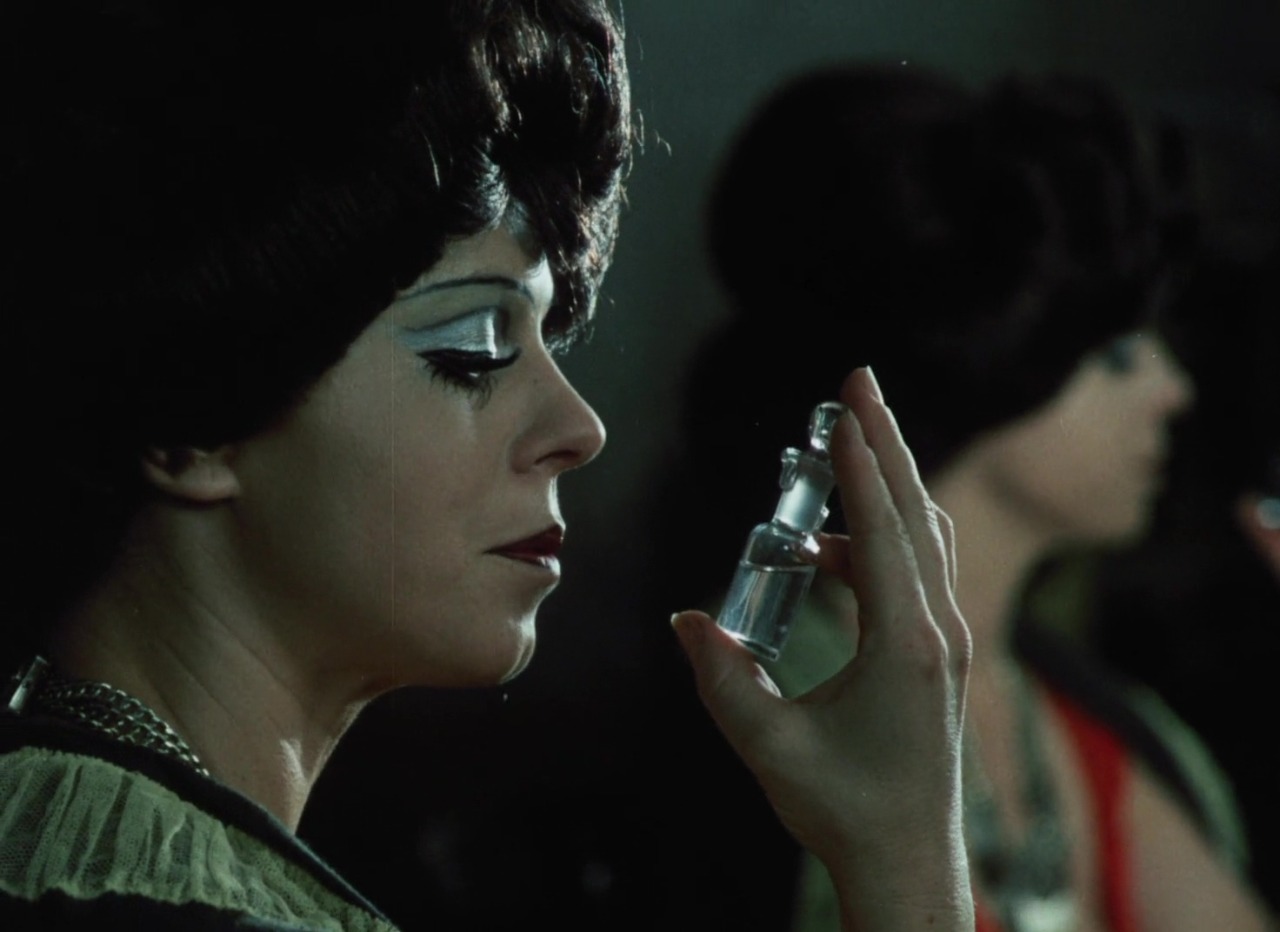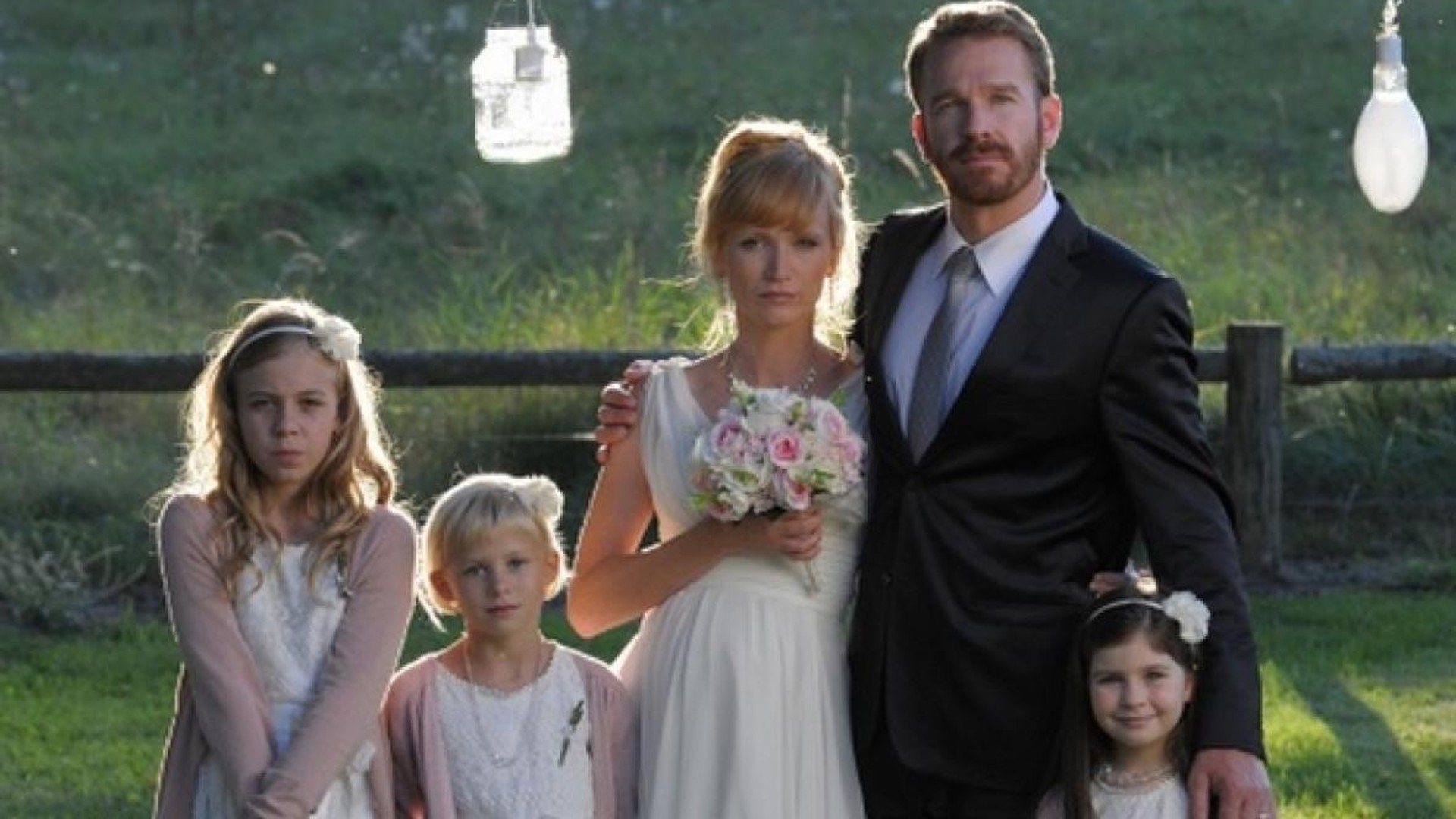
After a lean and troubled wartime era, Walt Disney started the 50s with a trio of the studio’s most beloved films – Cinderella, Alice in Wonderland and Peter Pan. This was the Silver Age of Disney, and it lasted until Uncle Walt passed away during the production of The Jungle Book in 1966.
Around the same time across the Iron Curtain, Jiří Trnka, a Czech film maker referred to as the “Walt Disney of the East” was creating a stunning series of hand-crafted animated features. After an early career illustrating children’s books and learning puppetry, he made his own animated shorts at the end of WWII. His first film with stop motion puppet animation was The Czech Year (Špalíček), which detailed the rites and customs of a small Czech village. It was well-received internationally, picking up prizes in Paris and Venice.
After two more features, The Emperor’s Nightingale and Prince Bayaya, his next major work was Old Czech Legends, based on Alois Jirásek’s novel. Divided into seven parts, it takes us way back to the mythological foundation of the Czech nation. It opens with a dramatic note of despair as a tribe is mourning the death of their kind and noble leader, Forefather Čech. In a flashback, we see how they came to the Vltava after a long and arduous journey and rested near Říp mountain. Čech scaled the mountain alone and saw the bounteous and beautiful land all around him, and declared that this was the place for his people. In gratitude, they insist on naming the country after him…
Continue reading “Old Czech Legends (Staré pověsti české) – Jiří Trnka, 1953”



 Sometimes a film just doesn’t grab me at all and then I’m sat looking at a blank document thinking, “I don’t know if I can be bothered to write anything about this”. It is extra frustrating when I can see the film’s qualities, but feel so neutral towards it that I struggle to muster any enthusiasm.
Sometimes a film just doesn’t grab me at all and then I’m sat looking at a blank document thinking, “I don’t know if I can be bothered to write anything about this”. It is extra frustrating when I can see the film’s qualities, but feel so neutral towards it that I struggle to muster any enthusiasm.


